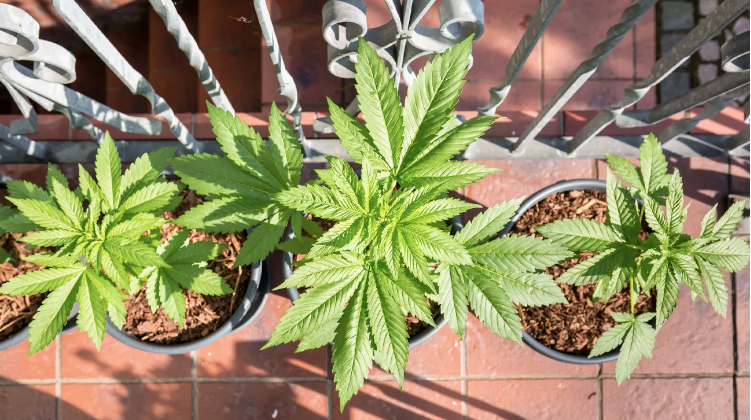- Minister of Agriculture says there are no plans to explore industry around cannabis sativa production and utilization in Botswana
- Says growing the plant as well as its usage is prohibited
- LOO accuses the Ministers of trivializing of serious issues that could change lives
- Says Botswana only features as a miniscule consumer of hemp products found
SESUPO RANTSIMAKO
Despite its multi economic benefits, the government of Botswana has ruled out any possibility of legalization of cultivation of the controversial plant cannabis sativa commonly known as industrial hemp.
Responding Parliamentary on whether the government is not considering exploring the industry for development industrialization and job creation through policy reforms and not missing out opportunities in the industry, the Assistant Minister of Agriculture and Food Security Molebatsi Molebatsi stood firm on the prohibition of the plant.
Commenting on the plant that is used to produce a variety of industrial and consumer products the Minister said it is prohibited in the country according to First Schedule of the Plant Protect Act and Illicit Traffic Narcotic Drugs Act. “Therefore, at this stage there are no plans to explore industry around cannabis sativa production and utilization in Botswana,” he said.
Molebatsi added that government is aware of its value as reported by different sources but its use and sale in Botswana remain prohibited. The Minister however could not be brought into discussion on whether the country is not missing out the opportunity in the industry safe to say he is unable to determine that.
Production of Industrial hemp is legal in 13 of the 54 African nations. About five from those 13 are from the Southern African Development Community (SADC). Besides that, a 2019 report by New Frontier Data indicates that 50 countries in the world have legalized hemp production.
Legalizing of industrial hemp in the country sparked debate ahead of the 2019 general elections after former Minister responsible for Agriculture Patrick Ralotsia gave its cultivation a greenlight in his farm. Later, Ralotsia gave Fresh Standard Director, Daniel de Beer exclusive right to grow the plant for medicinal and industrial purposes.
Consequently, his farm was raided by the police who uprooted the plant declaring it a cannabis.
While the opposition parties have been advocating for the legalization of the plant, the ruling party authorities have been resistant indicating that it’s a prohibited drug. In 2021 by then Minister responsible for Agriculture Dr Edwin Dikoloti also warned against hemp in Parliament after debate over its production sparked. Dikoloti warned that any person who cultivates any plants which can be used or consumed as a narcotic drug substance shall be liable to a fine not exceeding P500 000 or imprisonment for term not exceeding 20 years. Dikoloti further threatened that if there is anyone selling hemp products police will be given authority to take proper actions.
In an interview with the Leader of the Opposition (LOO) Dithapelo Keorapetse who posed the Parliamentary question about hemp, he expressed disappointment over Molebatsi’s response. Keorapetse however accused the Ministers of trivializing of serious issues that could change lives. “The said reality is that Agriculture is still getting very low allocation of developmental budget despite its miniscule contribution to GDP and despite Botswana signing Malabo declaration on funding of the sector at least 10 percent. We are overdue as the country on exploiting the economic benefits of industrial hemp and marijuana. The hemp industry was estimated to be about US$3.6 billion in 2020 by Bright Field Researchers and expected to expand at a compound annual rate of 16.2 percent from 2021 to 2028,” Keorapetse said.
He added that Botswana only features as a miniscule consumer of hemp products found in supermarkets, pharmacies, natural health related stores and beauty shops. “We can generate so much wealth with medical marijuana ploughing, research and development. But we have a government that chooses to look the other way when they can create jobs,” he added.

